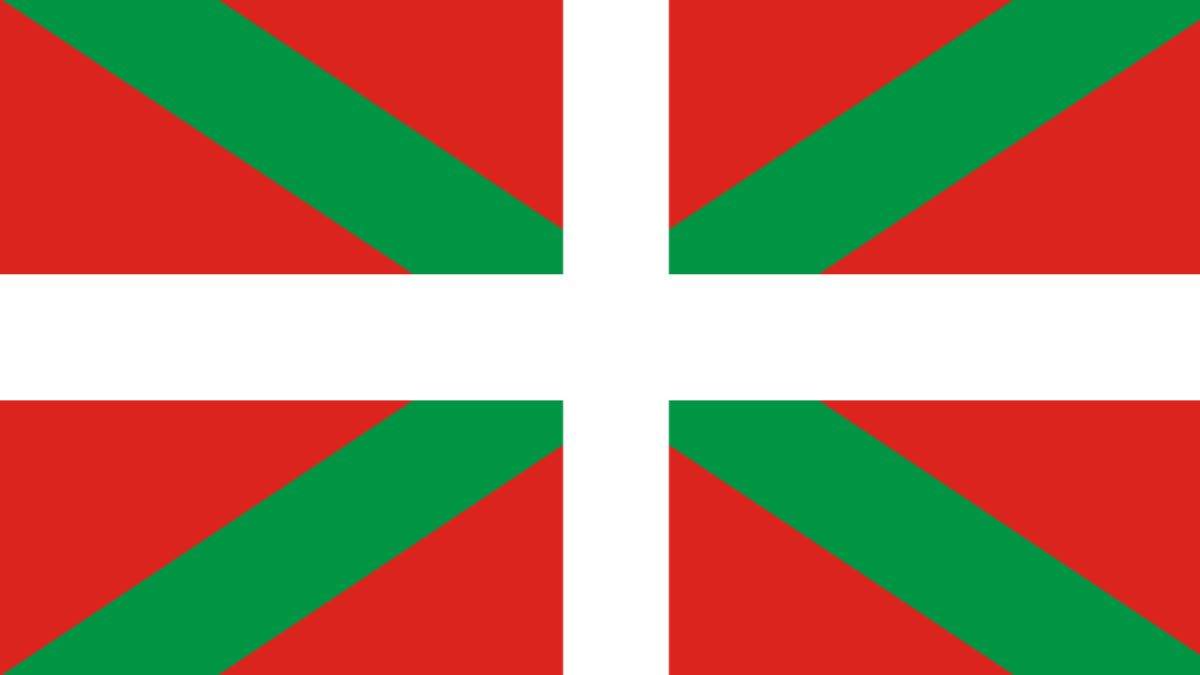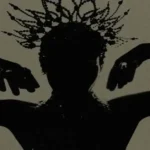The Basques, who speak Euskaldunak, are an indigenous people whose territory includes parts of present-day Spain and southwestern France. People from all over the world are interested in the Basque Country, also known as Euskal Herria, because of its intriguing history and culture. This page offers an introduction to the Basque culture including its language, history, traditions, and cuisine.
History of the Basque People
The Basque people may trace their ancestry all the way back to the distant past. They speak Euskara, which is thought to be one of the world’s oldest living languages, and are one of Europe’s oldest ethnic groupings. A deep sense of self and national pride among the people has allowed them to preserve their own cultural practises over the years.
Culture and Traditions
The Basque people take pride in their culture through participating in various forms of artistic expression such as music, dance, and even sports. Traditional music and dance, such as the jota, are well-known throughout the region, and famous sports like pelota and jai-alai are also widely practised.
The Basques are renowned for their warm hospitality and close-knit sense of community. There are many txokos, or social clubs, in the Basque Country where people get together to eat, drink, and socialise. The cuisine of the Country is an integral part of the local culture and is well-known for its emphasis on using seasonal, locally-sourced ingredients to create hearty, savoury dishes.
Language and Literature
The Basque language, known as Euskara, is extremely sophisticated and one of a kind. About 700,000 people worldwide use it as their primary language, mostly in the Basque Country. The Basque language has been officially recognised as a language by the governments of Spain and France thanks to the efforts of the Basque people.
The literary tradition of the Basque country is extensive and historically significant. Authors from the region have long been recognised internationally for their insightful works that frequently address questions of nationality, language, and culture.
Religion and Folklore
In the lengthy history of the Basque people, both Christian and pagan practises have coexisted. Because of this, the region’s religious practises and folklore are a hybrid of traditions. The Basajaun, a forest spirit who is claimed to preserve the forest’s animals and flora, is only one of many mythical creatures featured prominently in mythology.
The Basques are known for their elaborate religious celebrations and rituals, which complement their rich history. The Tamborrada, a festival held annually in San Sebastián to honour the city’s patron saint, is among the most well-known. During the celebration, revellers parade through the streets while drumming and wearing traditional garb.
Politics and Identity
The Basque people have a deep feeling of regional identity and a tradition of political involvement. Tensions with the Spanish government have arisen as a result of the Basques’ recent push for greater autonomy and acknowledgment of culture and language.
There are a number of political groups in the Country that work towards Basque independence. These groups include the Basque Nationalist Party and the ETA, a militant separatist group that has since disbanded. While political tensions remain, many Basques are dedicated to sharing and preserving their distinct heritage while also seeking a constructive partnership with the Spanish government.
Tourism and the Future
In recent years, the Basque Country’s unique culture, breathtaking natural beauty, and superb gastronomy have made it a popular tourist destination. Tourists can visit Bilbao and San Sebastián, two of the oldest cities in the area, or head out into the countryside to go hiking, biking, or surfing.
Conclusion
The history and culture of the people are intriguing and distinctive. The Basque people have maintained a strong feeling of identity and pride in their ancestry despite centuries of tyranny and attempts to suppress their language and traditions. The Basque Country of today is a thriving and evolving area, famous for its cuisine, music, and sports; it continues to captivate and inspire people from all walks of life.
The people of the Basque Country are dedicated to maintaining their own identity even as their country develops and changes. The Basque people are committed to spreading their culture and language to the rest of the world despite the difficulties they have encountered throughout history, such as political unrest and economic disparity.











